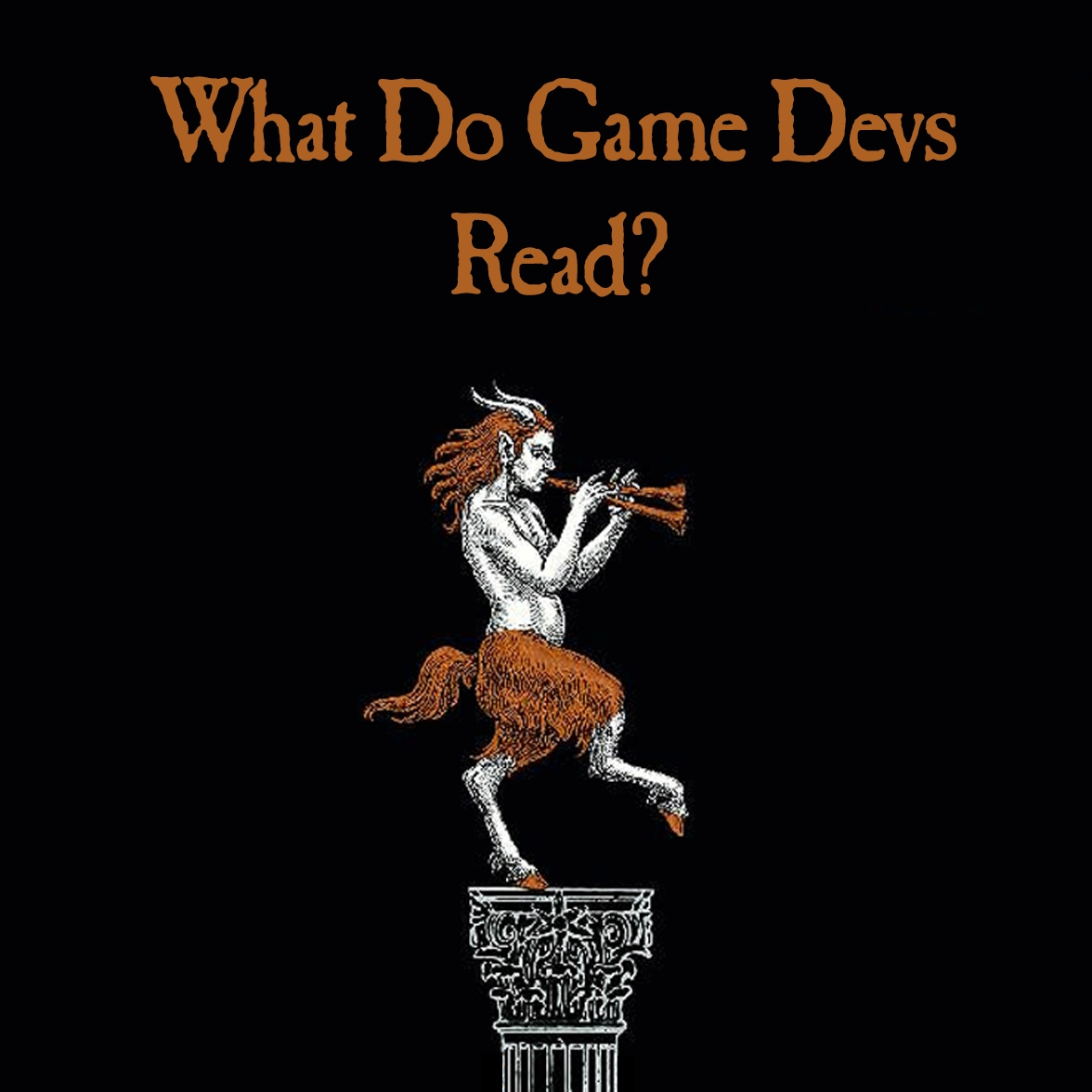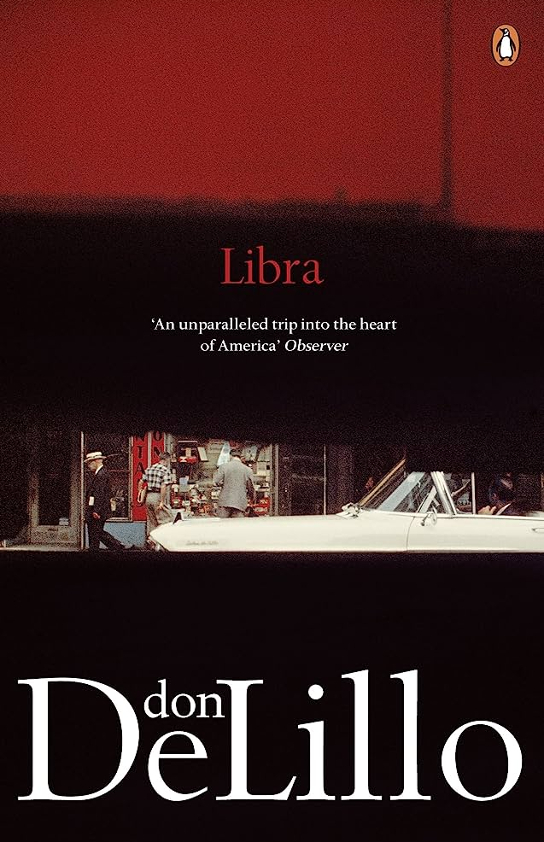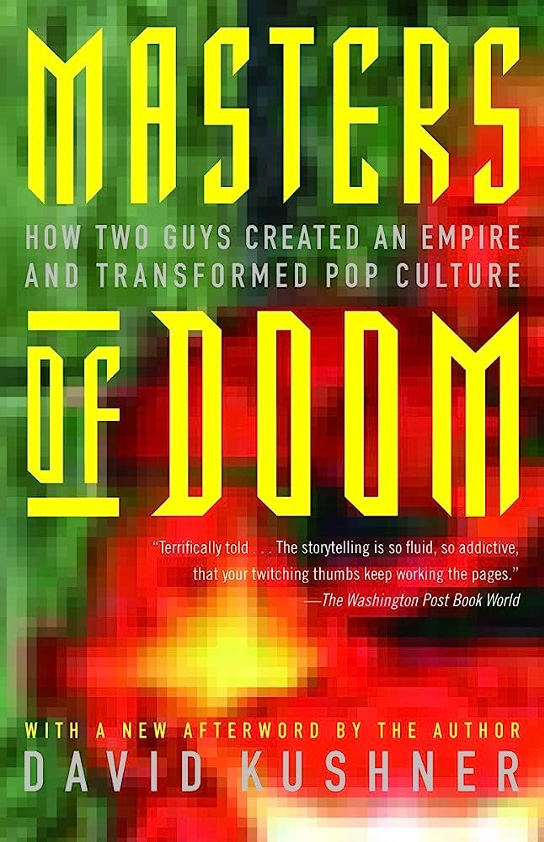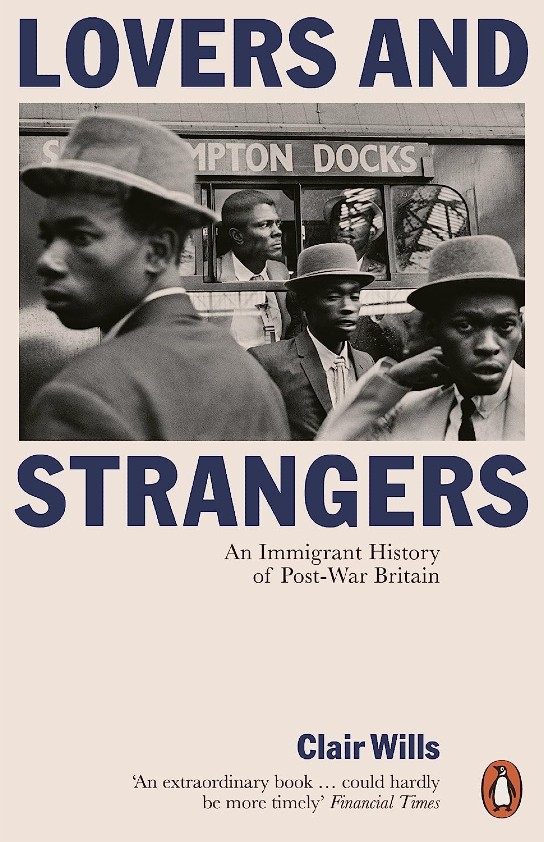Articles

What do Game Devs Read? Recommendations from Mojo Staff
Thinking the more, the merrier, I shook down some Mojo staff for book recommendations, too.
I've always wanted to know what books game writers read; I like to know what inspires things I love. But I'll be honest and explain what really inspired this article here because Mojo staff knows the origin, but we (obviously) didn't share it with the devs.
Going by Internet comments, there are many sentient, functional people out there with a lot of opinions who are illiterate. And anti-scientific. And insane. There are people who have spent more time drinking horse dewormer than imagining why anyone would desperately cross the sea in a dinghy, and the news site comments that I chose to respond to with this were particularly virulent and psychopathic, made in response to what should have been a universally appreciated act of altruism.
I like to think Mixnmojo (being largely about fancy-pants adventure games) draws a more thoughtful crowd. A crowd that reads, occasionally, text that isn't blurted by SCUMM or a frothing, bad faith pundit, that appreciates what science has strongly indicated—that reading fiction increases empathy. And hell, will read the occasional nonfiction, too.
So while I asked devs for one or two recommendations, I decided it was open season for Mojo staff, whom I gently frightened into writing more. Me? I'm throwing up ten to make-up for a braver busy staffer or two.



elTee
- Orange Sunshine: The Brotherhood of Eternal Love and Its Quest to Spread Peace, Love, and Acid to the World by Nicholas Schou: A group called the Brotherhood of Eternal Love sprouted, unsurprisingly, from California in the 1960s and, discovering the joys of LSD, inadvertently transformed into the “Hippie Mafia” and fuelled the psychedelic revolution. Worth reading for the exclusive interviews members gave of a history gone awry.
- Disnaeland by DD Johnston: This is really good. It’s about a Scottish community trying to rebuild itself in the wake of disaster. An actually funny dystopian novel.
- Libra by Don DeLillo: The complex characterisation is enough reason to read Libra, but the prose, man. The prose will make any writer green with envy.
- Into the Void: From Birth to Black Sabbath―And Beyond by Geezer Butler: I love Sabbath, I love Geezer Butler's book and its anecdotes on their unlikely success, and I love my signed copy, which I nabbed by scouring indie bookshops after I missed the initial pre-order.
Remi
- Never Be Alone Again: How Bloghouse United the Internet and the Dancefloor by Lina Abascal: This is a good read for anyone who frequented the MP3 blogs in the mid-to-late aughts. Important reminder: Stereogum is still going strong as an independent grownup site! (Third Place Books)
- Meet Me in the Bathroom: Rebirth and Rock and Roll in New York City 2001-2011 by Lizzy Goodman: An
indie sleaze
-revival book—later made into a full-length documentary—that focuses on the early-aughts New York rock scene. (There’s a theme here.) Karen O is a goddamn legend, Ryan Adams is an annoying buffoon, and Goodman documents it all in excruciating detail. (Auntie’s Bookstore) - The Vernon Subutex trilogy by Virginie Despentes: The story of a former record-store owner who, after being thrown out of his apartment, becomes a DJ messiah is as sardonically funny as it is poignant. (Amazon)
- The 22 Murders of Madison May by Max Barry: In between his more prolific titles, Barry released this weird little multiverse-jumping suspense thriller. One for anyone who enjoys elevated high-concept sci-fi. (Powell’s City of Books)
- The Paris Apartment by Lucy Foley: I don’t trust anyone who doesn’t read beach books. (Elliot Bay Book Company and your local airport.)
Thrik
- Masters of Doom: How Two Guys Created an Empire and Transformed Pop Culture by David Kushner: A gripping insight into the earliest days of first-person shooters through to the early 2000s when the book was published. It really brings to life the ludicrous circumstances that surrounded the development of classics like Wolfenstein 3D, Doom, and Quake.
- The Art of Point-and-Click Adventure Games by Bitmap Books: This one does a great job of covering the origins of my other favourite genre, packed from cover to cover with interviews. If you’re a Mojo reader, you really need this book.



Zaarin
- The Hobbit by JRR Tolkien: The Hobbit is good.
Kroms
- Going to Meet the Man by James Baldwin: I've become increasingly responsive in fiction to vulnerability that's bracketed by lucid thought—to interrogating minute shifts of feeling that never quite curdles into melodrama or navel-gazing. Baldwin is largely remembered for his essays (where he's been unfairly—but predictably/depressingly—pigeonholed as an American civil rights and gay liberation writer) and novels, but I loved his sole short story collection, and it is vulnerable. Some stories didn't work for me, but I finished "Sonny's Blues," "This Morning, This Evening, So Soon," and a couple of others feeling I'd just experienced something momentous.
- The Kingkiller Chronicle by Patrick Rothfuss: I wasn’t going to recommend The Kingkiller Chronicle (starting with The Name of the Wind) until I finally played Return to Monkey Island. I had a suspicion during it that Ron Gilbert was a fan; it turns-out it’s “the best fantasy [he’s] ever read.” Kingkiller’s themes (the nature of storytelling, a person's desires vs. their needs, etc.) are everywhere in Gilbert’s games and in sharp focus in Return; some lines and concepts appear consciously inspired by it. It's a great series and better on rereads; the author's storytelling sensibilities have given rise to a fan community that’s mined it for literary evidence on how the conclusion will play-out—evidence that suggests an author in command of their craft—when the long-elusive final entry releases.
- The Parisian by Isabella Hammad: There's a lot to love in Isabella Hammad's novel about a Francophonic Palestinian man who leaves Constantinople for France (during World War I; this is going exactly where you think it is) and his desire to belong. But it's the book's pristine prose that I've most returned to, and her refusal to treat her main character sardonically I've most admired. Her Enter Ghost is good, too.
- The Book of Night Women by Marlon James: Slaves, women linked by the circumstances of their birth, plot to overthrow their British "owners" in Jamaica. If you can withstand how emotionally heavy it gets, this is unmissable.
- Skippy Dies by Paul Murray: That rare "tragicomic" book I've read that's actually sad and funny.
- Killers of the Flower Moon: The Osage Murders and the Birth of the FBI by David Grann: Despite my anticolonial reading, I’d somehow neglected the Native Americans. I originally read Killers of the Flower Moon because of the upcoming Martin Scorsese adaptation, but it lit a fire in me. The story is emblematic of greed, manipulation, existential fear, and racism, with personal dramas worthy of Shakespeare—and it’s all true! The book’s last third, which follows the author’s own investigations, is especially poignant. A must-read that’s deepened my desire to learn more indigenous histories, including in the US and Canada.
- Dispatches from the Dark Side: On Torture and the Death of Justice by Gareth Peirce: Gareth Peirce's accomplishments speak for themselves, and we're privileged to read her work. Dispatches from the Dark Side collects five (or four, in hardback) of her essays and explores the continued dismantling of due process and human rights, especially in the UK—although incredible developments in places like Australia reminds me this is always a threat in all democracies. She writes passionately but cogently, exhibiting the quality of thought that's made her such an effective champion of justice. You can read some of it on The London Review of Books; I recommend "‘Make sure you say that you were treated properly’" to start with.
- Lovers and Strangers: An Immigrant History of Post-War Britain by Clair Wills: The subject's too broad to cover in a single volume, of course, but this does shed some light on an important, largely overlooked part of British history, celebrating it in the same spirit of the Notting Hill Carnival.
- This is Not That Dawn by Yashpal: OK, this one is cheating. I haven't finished This is Not That Dawn, but it's the first thing I reach for when I'm done with my day. Like many, I think, I discovered it when the New Yorker called it "India's Forgotten Feminist Epic". This is a tentative recommendation; the book is hard to get (technically, it's published only in India) and the setting (the Great Partition) doesn't make for light reading. But if it stays this good, it'll be worth the gotta-skip-dinner amount of money I forked over for it.
- The Housekeeper and the Professor by Yōko Ogawa: I thought I'd sign off this article with this wonderful gem of a novel, a perennial favourite about a maths professor who has a memory span of 80 minutes and the housekeeper working for him who's trying to understand both him and the maths he navigates his world with. I buy this as a gift regularly and everyone I've given it to has found it moving and life-affirming.